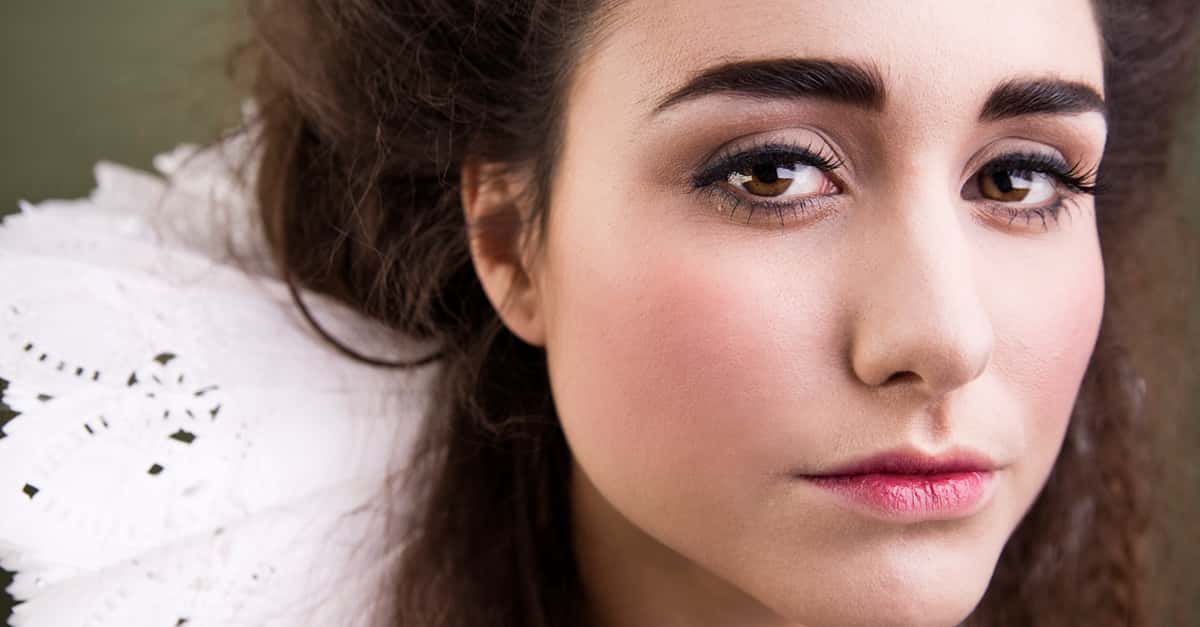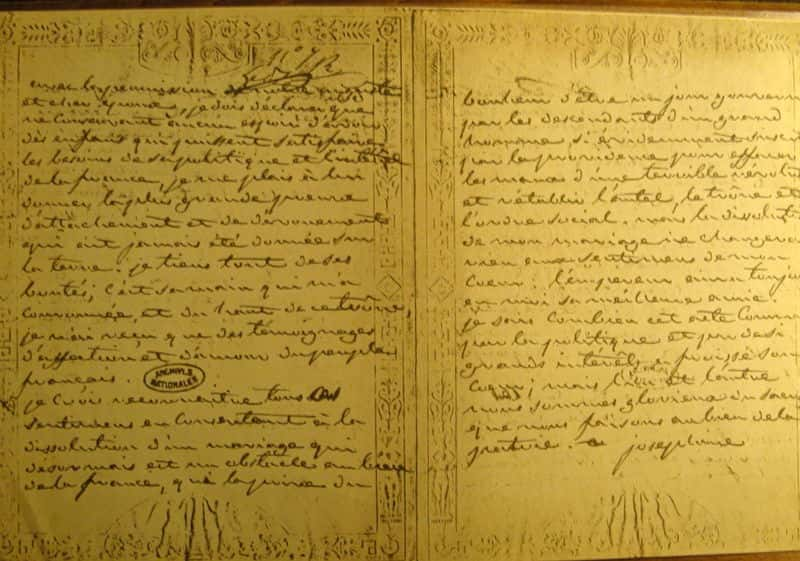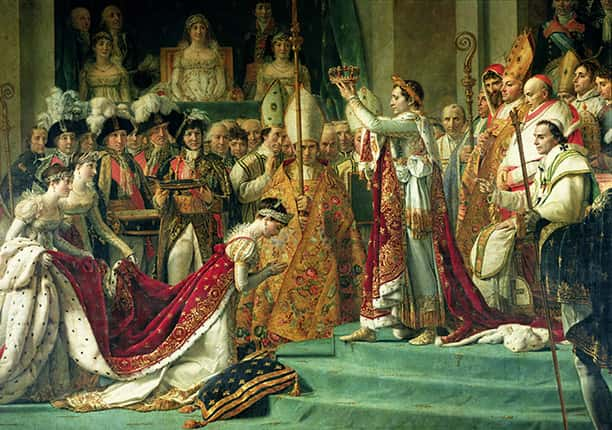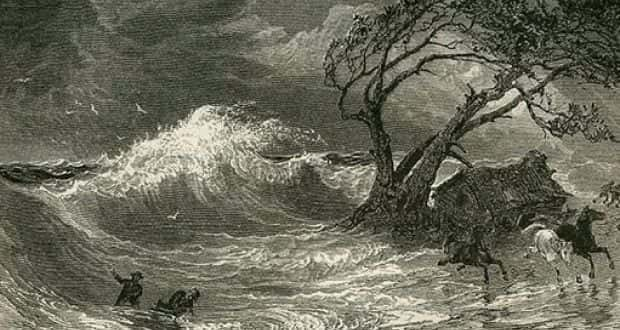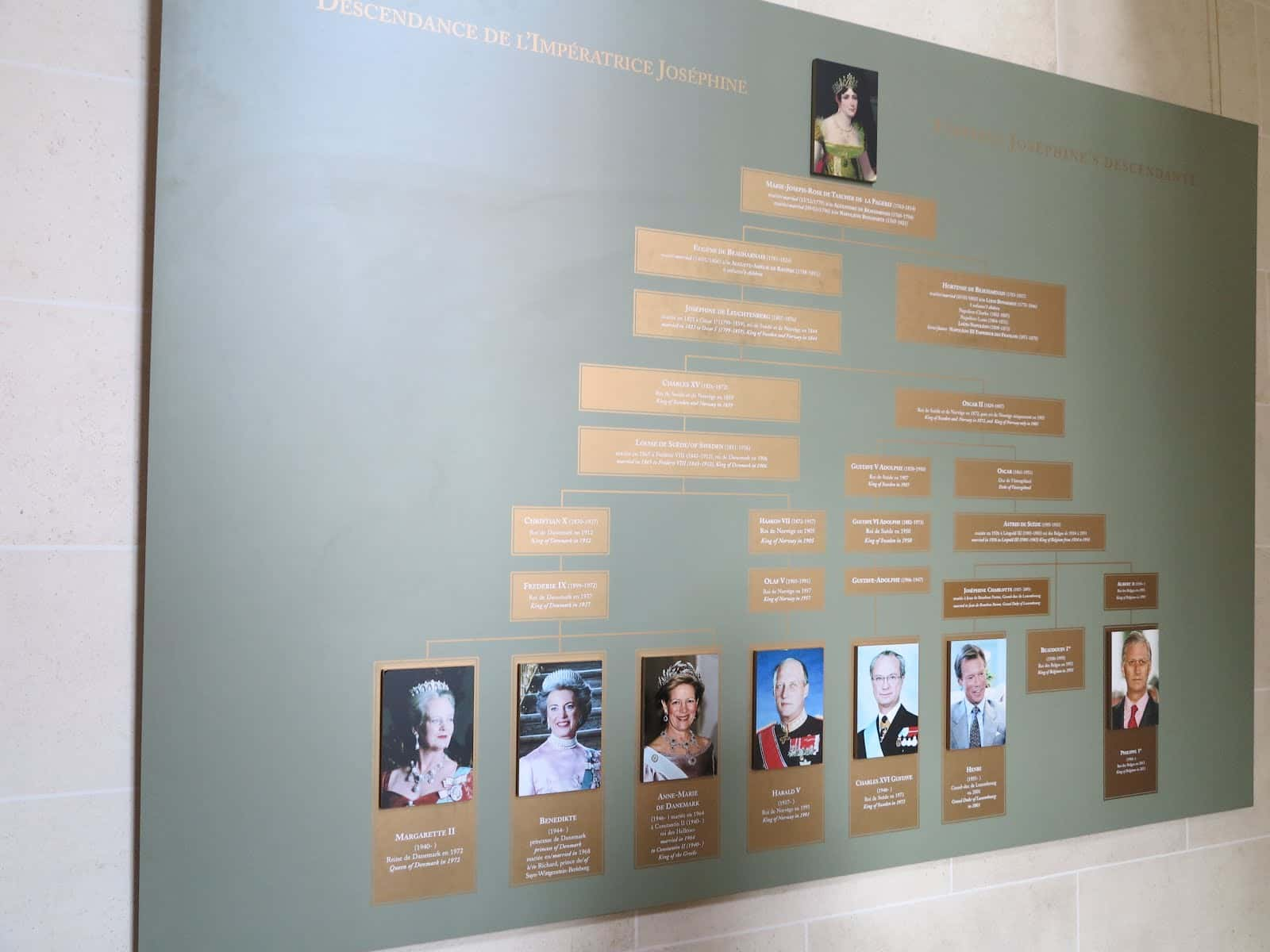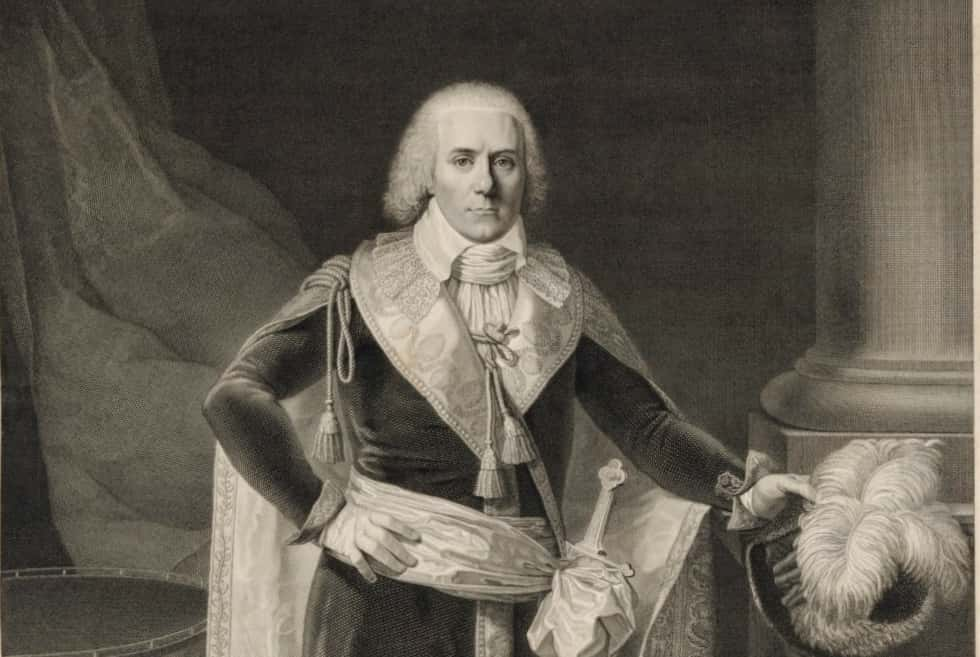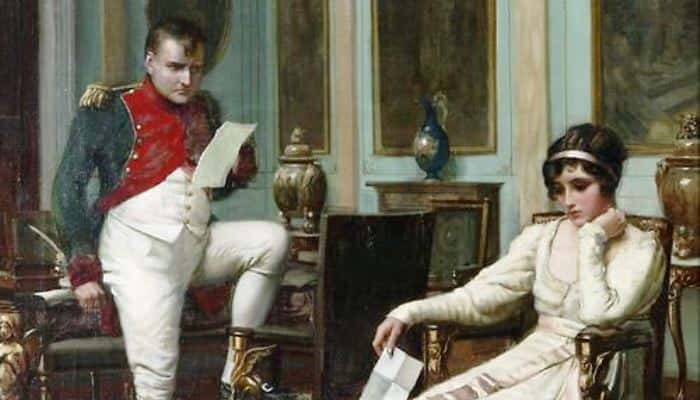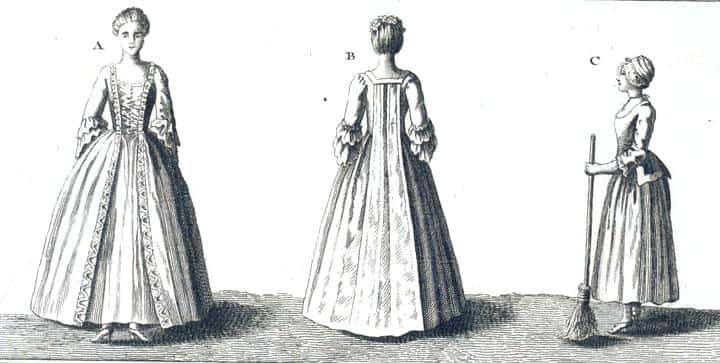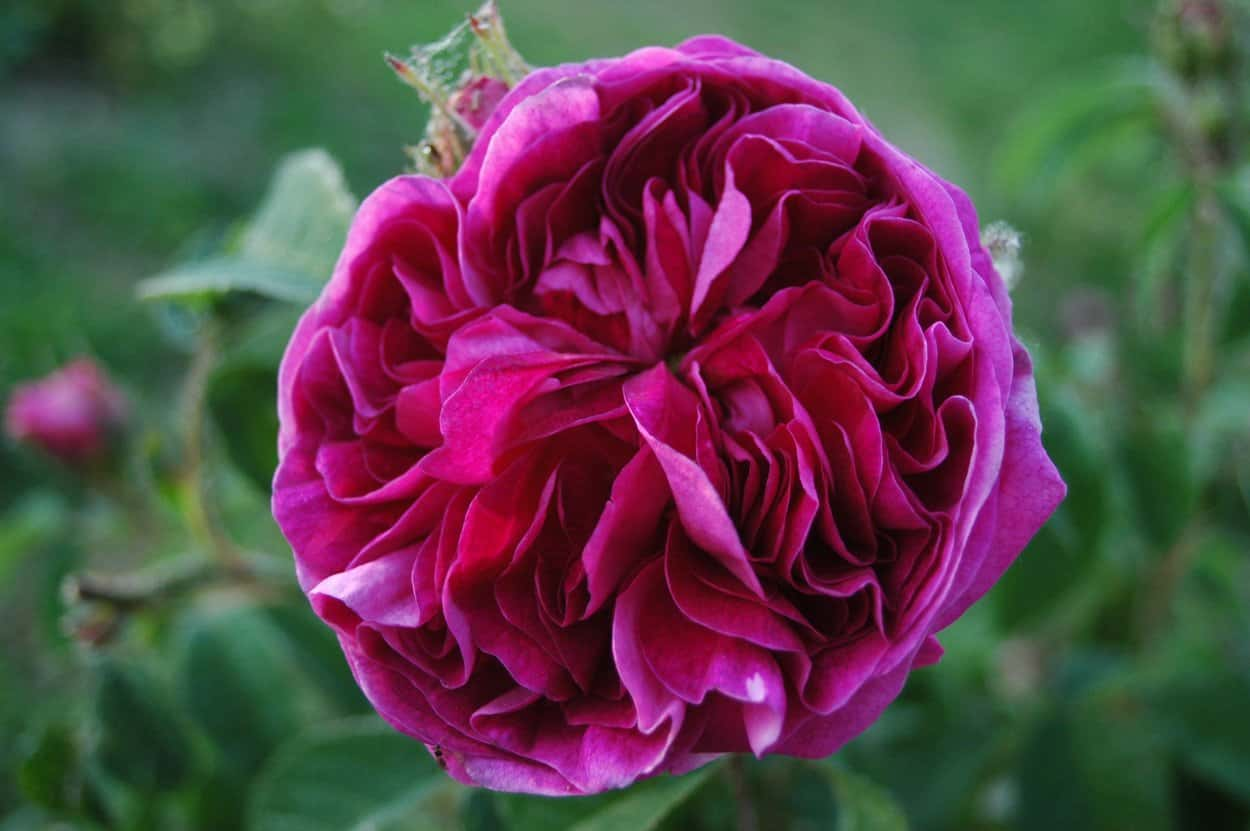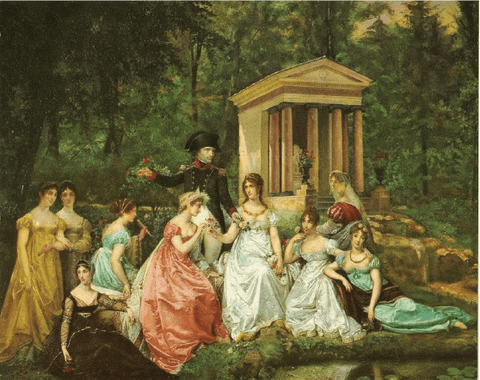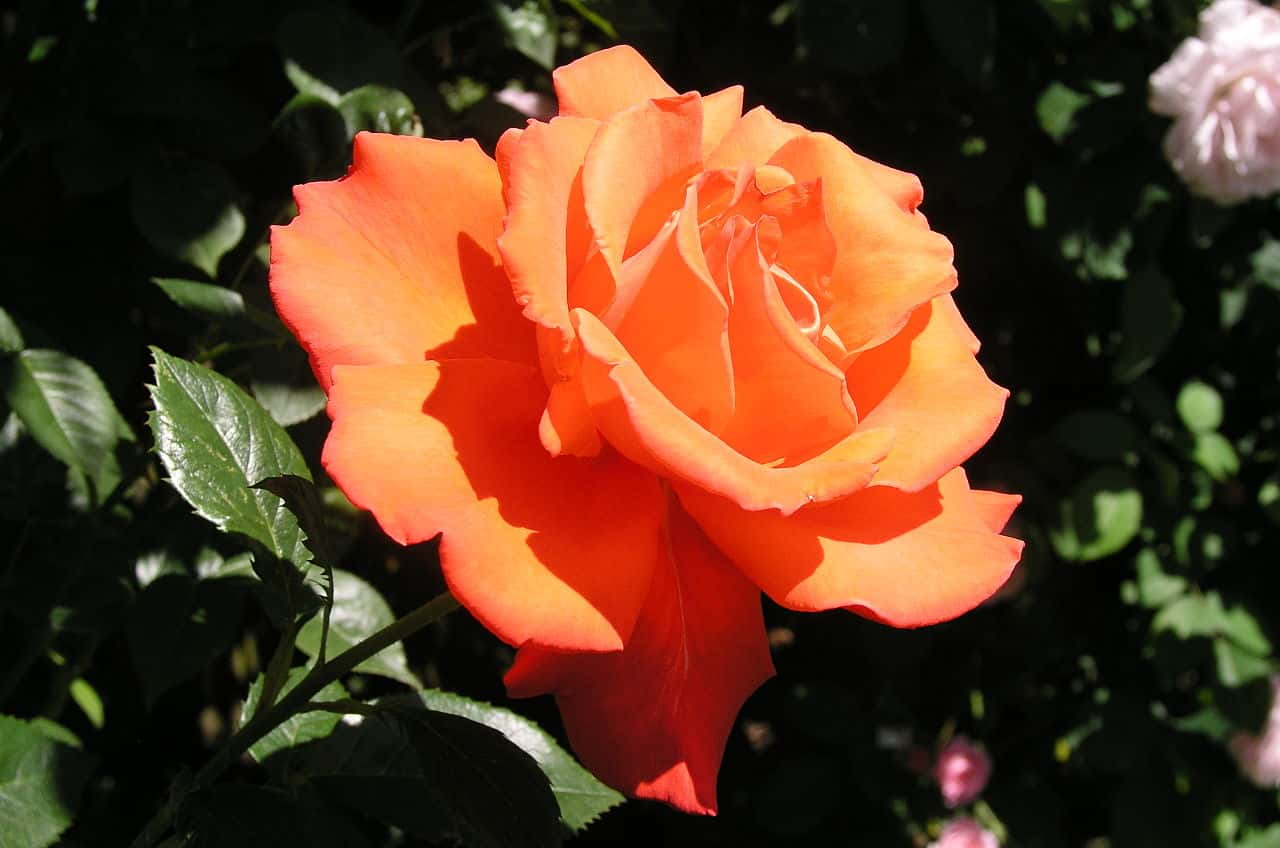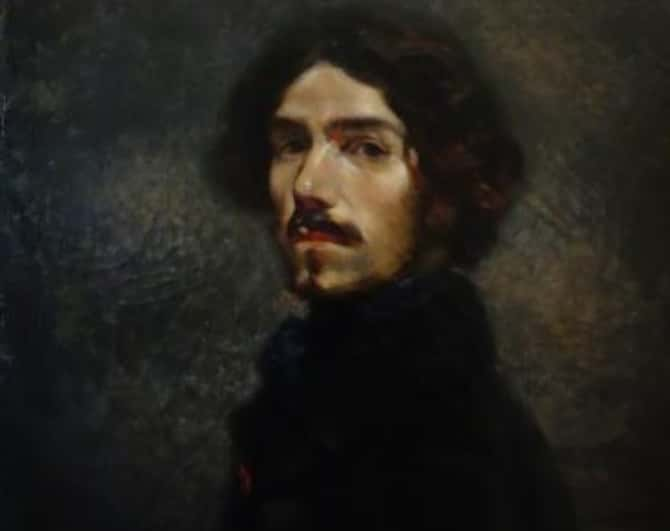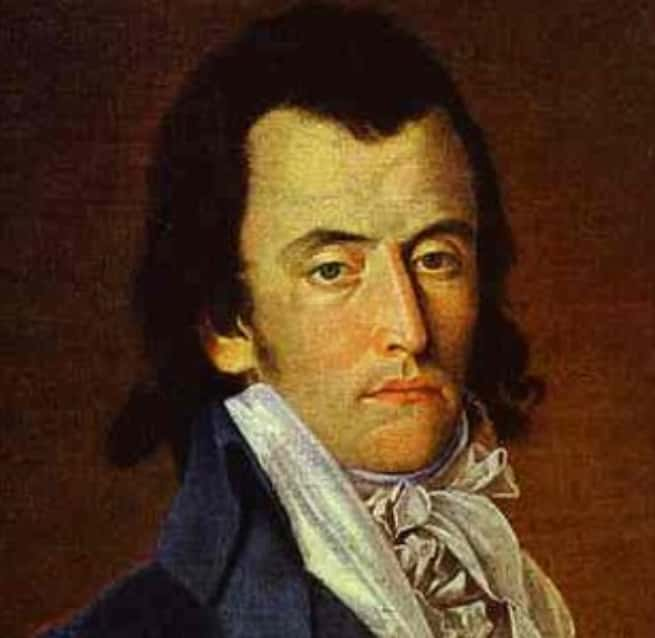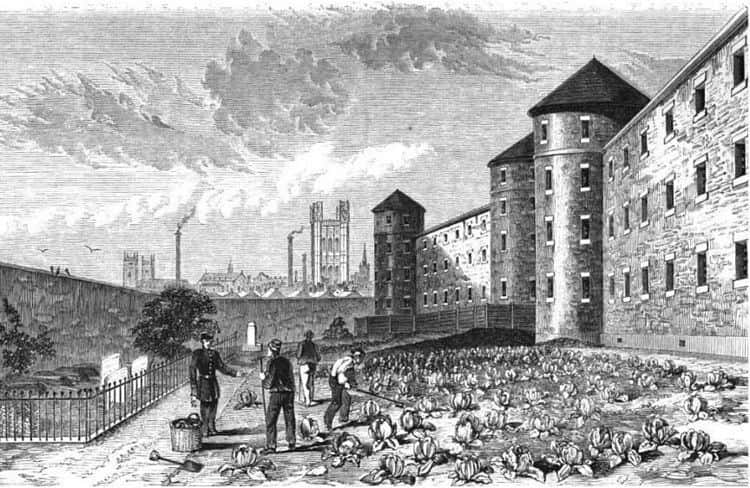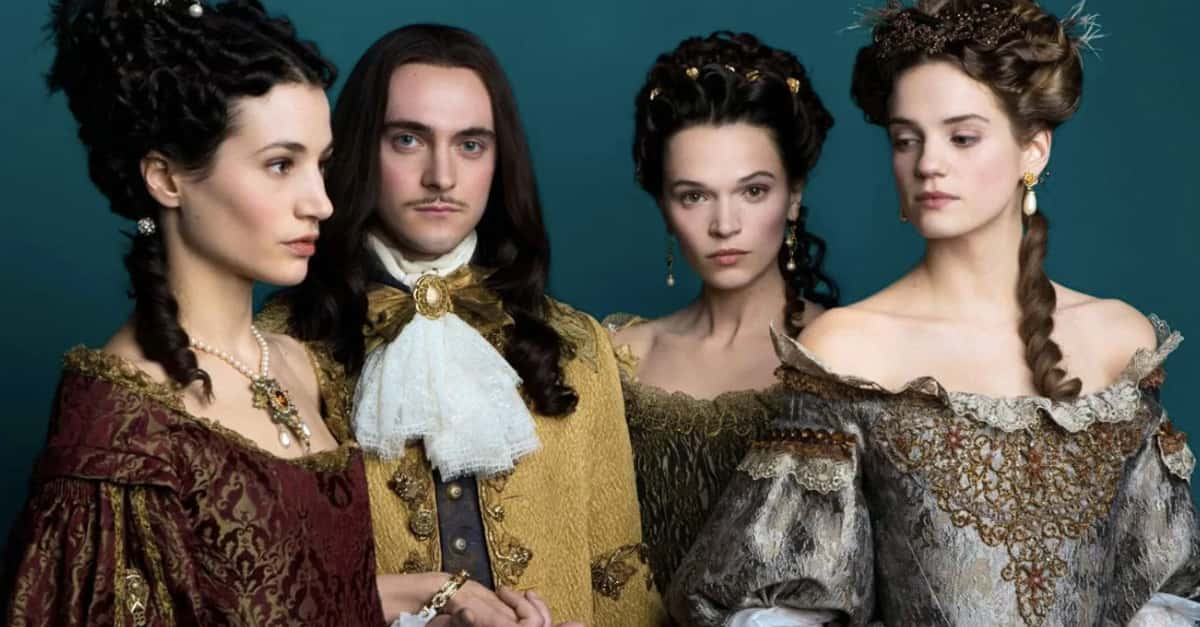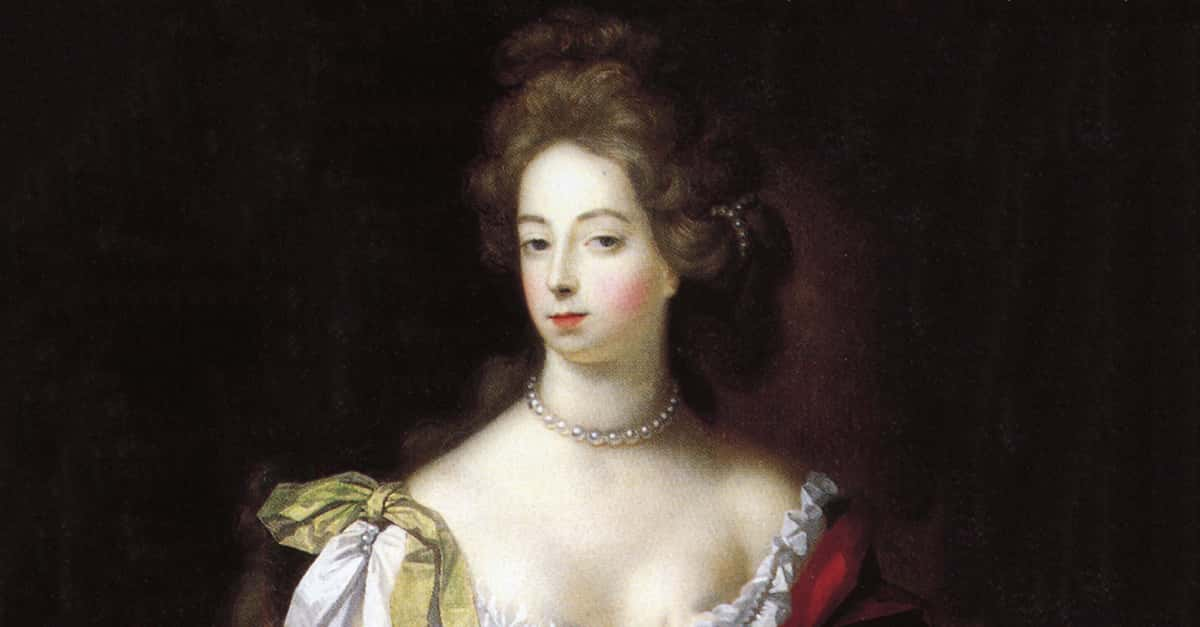Empress Josephine Bonaparte was one of the most fascinating and powerful women in history. She was able to enter into the social life of Paris as an outsider, and through her cunning abilities and beautiful charm eventually become the most powerful woman in the nation.
While many men became passionately enthralled with Josephine, it would be with Napoleon Bonaparte that she would engage in one of the world’s most famous relationships. Napoleon himself felt like an outsider while living in Paris and this is one of the reasons why he fell “passionately in love” with her after only one meeting, as though she carried immense charm, she still was not fully accepted. But, besides being involved in with Napoleon romantically, she lived an interesting life that rivals even the famed Emperor’s—one that still fascinates historians today. From passionate affairs to close calls with death, here are some of the most interesting things about the life of Empress Josephine.
Empress Josephine Facts
41. The Dictator Likes This Name Instead
Empress Josephine Bonaparte was not named Josephine. Her name was actually Marie Josèphe Rose Tascher de la Pagerie. Known as Rose for most of her life, she only began going by the name Josephine after meeting Napoleon at the age of 32. Napoleon preferred calling her by a variation of her second Christian name, Joséphe. The first surviving evidence of Napoleon calling Rose by the name of Josephine dates back to December 1795.
 Godstone Baptist Church
Godstone Baptist Church
40. Napoleon's Letters of Love
Josephine was six years older than Napoleon, yet Napoleon was madly in love with her, writing her a tremendous amount of love letters and proposing to her not even a year after meeting. Many of these letters still exist today, in all their romantic glory, though reading through them now may make Napoleon seem like he was a stage five clinger.
39. Must Love Dogs
When Napoleon met Josephine, then known as Rose de Beauharnais, she owned a dog by the name of Fortune about whom she was crazy. We all know that when a person and their dog have a special bond, the dog doesn’t always take kindly to new lovers. Such was the case with Fortune, who made sure he slept together in the very same bed as Napoleon and Josephine on their wedding night and even bit Napoleon in the leg during their cuddles.
38. Not Her First Rodeo
Her marriage to Napoleon Bonaparte was actually the second marriage of Josephine’s life. The first was to Alexandre de Beauharnais.
37. Unhappily Ever After
The marriage between Josephine and Alexandre was an unhappy affair and they subsequently separated after only a few years. Josephine would move to the Pentemont Abbey in Paris with their two young children, and live off of court-ordered financial support from Alexandre.
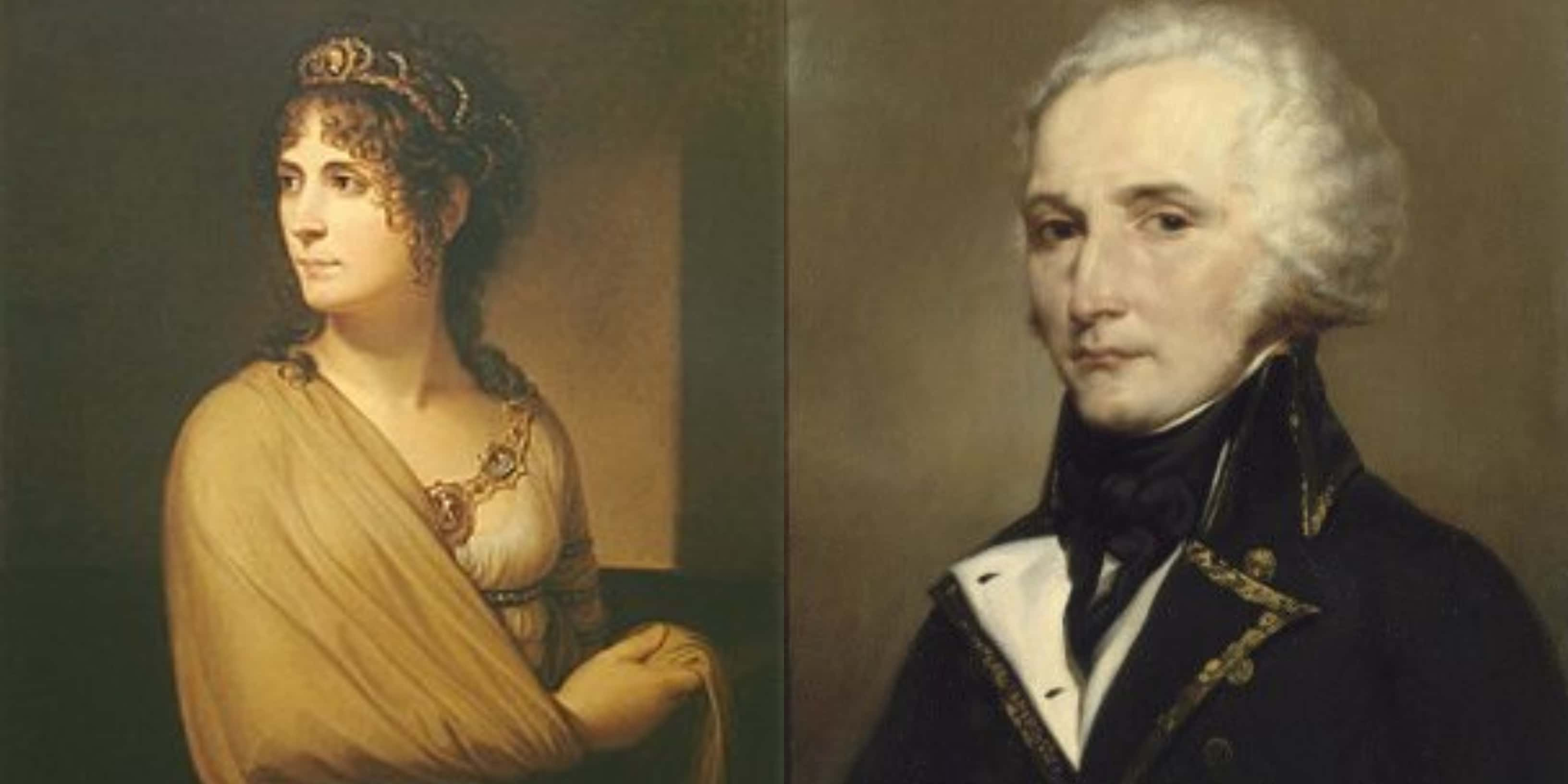
36. Plantation Girl
Marie Josèphe Rose Tascher de la Pagerie was born on a plantation on the island of Martinique in 1763. Martinique was a colony of France that produced sugar through slave labor and indentured servitude. Her grandfather had first moved to Martinique in 1726 and Rose was born into wealth.
35. Family Needs
Rose’s marriage was to Alexandre de Beauharnais was set up by her aunt, who also just so happened to be the mistress of his father, François de Beauharnais. However, it was her younger sister Catherine who was supposed to marry Alexandre, but when she died at only 13, Rose replaced her sister in order to achieve the Tascher family goal of marrying into the Beauharnais family.
34. Museum Birthsite
The sugarcane plantation that Rose grew up on in Les Trois-Îlets, Martinique is now used as a museum.
33. Disputed Birthplace
Though it is accepted that Rose was born in Martinique, it has been widely disputed that she was actually born on the island of St. Lucia instead.

History's most fascinating stories and darkest secrets, delivered to your inbox daily.
32. Hurricane Damage
The reason for the arranged marriage into the Beauharnais family was because Rose’s family had begun to struggle financially after several hurricanes had rolled through and destroyed their estate during the 1760s.
31. Only Son
The first child of Rose and Alexandre was Eugène Rose de Beauharnais, who would be known as the Duke of Leuchtenberg, also known as the French Prince, Prince of Venice, and Grand Duke of Frankfurt. He would be adopted by Napoleon and take command of the Army of Italy under his stepfather's watch, eventually becoming the Viceroy of Italy. Napoleon had declared that Eugène was the heir presumptive of the Kingdom of Italy, if it were to happen that he would not have a second son himself.
30. Royal Lineage
Through the children of Eugène, Josephine’s imperial lineage would stretch throughout the world as several of Eugène’s children would marry into royal courts. His daughter Josephine Maximiliane Eugénie Napoleonne de Beauharnais became the Queen Consort of King Oscar I of Sweden, his daughter Amélie Auguste Eugénie Napoleone de Beauharnais became the Empress of Brazil, and his son Maximilian Josèphe Eugène Auguste Napoleon de Beauharnais became a Prince Romanovsky after marrying Grand Duchess Maria Nikolaevna, the eldest daughter of Tsar Nicholas I of Russia.
29. The Daughter’s Influence
Rose’s second child with Alexandre to be adopted by Napoleon was Hortense Eugénie Cécile Bonaparte. She would also spread the family line by becoming the Queen consort of Holland after marrying Napoleon’s brother, Louis Bonaparte, who was the King of Holland and Emperor of the French. Though they hated each other, Louis and Hortense would produce a King in Napoleon III, who would be the Emperor of France as Louis-Napoleon Bonaparte from 1852 to 1870.
28. Direct Ancestors
Currently, the heads of the royal houses of Belgium, Denmark, Greece, Luxembourg, Norway, and Sweden are all directly related to Josephine. She is also related to the Prince of Monaco, and the royal houses of Italy, Romania, and Yugoslavia.
 ResearchGate
ResearchGate
27. Hortense’s Musical Compositions
Hortense was an amatuer musical composer, but accomplished in her own right. She was so good that Napoleon commissioned her to supply the army with marching songs. The most famous of these songs is the “Partant pour la Syrie," meaning “Departing for Syria,” which is still used by the French military today.
 Wikisource
Wikisource
26. Getting It One With Politicians
Before meeting Napoleon, Rose had several affairs with different leading political figure in France, most notably Paul Barras, who was one of the leaders of the French Revolution, subsequently serving as one of the five executive Directors of the French Republic.
25. Bonaparte Disapproval
Since Josephine was not only older than Napoleon but a widow with two children, the Bonaparte family was shocked and appalled by the marriage.
24. Business Affair
Josephine and her one-time lover Hippolyte Charles were known to engage themselves in dubious business affairs, which led to an accruement of considerable wealth, especially for Hippolyte, who was not from a particularly wealthy background.
23. No More Love Letters
After finding out about his wife's affair, Napoleon stopped writing gushing love letters to Josephine and started up an affair of his own with a wife of one of his officers, Pauline Fourès. Pauline was one of many consecutive mistresses to Napoleon, but she would become known as “Napoleon’s Cleopatra.”
22. You Are Now Empress
Though the couple had their falling out, they maintained appearances, and when Napoleon crowned himself Emperor of the French at the hands of Pope Pius VII in 1804, he officially had Josephine proclaimed Empress as well. After this coronation, she was appointed her own court, as was the custom prior to the French Revolution.
21. Soiling The Coronation
The coronation ceremony was almost ruined, however, as Josephine had walked in on Napoleon visiting her lady-in-waiting Élisabeth de Vaudey in her bedroom. This led to a serious spat, which their daughter Hortense had to step in and smooth over in order to ensure the coronation would still be held.
20. No Heir Coming
After the pre-coronation incident, Napoleon repeatedly threatened Josephine with divorce because he believed she was proving unable to produce a male heir for him. Things would come to a head in 1807 when the son of Hortense and Louis, Napoleon Charles Bonaparte, died of croup. This was the final straw because Napoleon Charles had been declared heir by Napoleon, after he realized that Josephine was unable to bear any more children.
19. A Grand Divorce Ceremony
The couple had their grand divorce in 1810, which was a ceremonious affair including statements of devotion read aloud by both Napoleon and Josephine. Napoleon loved Josephine too much to simply let her go, but he felt the need to remarry in order to produce an heir, later stating that his next marriage was to marry “a womb.”
18. Staying Empress
After their divorce, Napoleon allowed Josephine to retain the title of Empress of the French. In his own words: "It is my will that she retain the rank and title of empress, and especially that she never doubt my sentiments, and that she ever hold me as her best and dearest friend."
17. Filling Her Needs
Though she was well known for her generosity and elegance, Josephine was also known for being a famous spendthrift, as she would often first identify men who could support her financially and socially before engaging in relationships.
16. Statue Debasement
There was a statue in Fort-de-France, Martinique that was erected by Napoleon III in 1859 that stood until 1991, when the local government had it torn down, decapitated, and splattered with red paint in order to denounce Josephine for her role in helping to reinstitute slavery in the French Colonies by convincing Napoleon to do so. To this day, the head of the statue is missing.
15. Another New Name
Though she went by many different names in her lifetime, the name she is often referred to now as, "Josephine de Beauharnais," was not one of them. This name only came into fashion after her death when the Bourbons came to power and wanted to call her something that did not refer to Napoleon or her imperial title.
 Wikimedia Commons
Wikimedia Commons
14. Death After Tsar
Josephine died in 1814 in Rueil-Malmaison of Paris, shortly after taking a walk through the garden with the Russian Tsar Alexander.
13. Meeting The Prince
Before her death, Napoleon had his child, and heir, from his marriage with Marie Louise, brought to visit Josephine in order to introduce her to the child “who had cost her so many tears.”
12. Napoleon’s Form of Grieving
After learning of her death, Napoleon locked himself up in his room, alone, for two full days and refused to see anyone.
11. Josephine’s Slave
Since Josephine was born into a family that held slaves, she was raised by one herself. The nanny who nursed her was called by the name “Dede.”
10. Lover of Roses
Josephine took a keen interest in roses and after setting up at the Chateau de Malmaison while Napoleon was in Egypt, she brought in horticulturists from the United Kingdom in order to cultivate a personal garden for herself. Napoleon even ordered all of his warship commanders to search any seized vessels for plants that could be sent to Josephine’s estate.
9. Crossing Borders
Even though England and France were at war at the time, the major rose supplier of England was given the privilege to be one of the only people to be allowed to cross the borders between the two nations because of his association with Josephine.
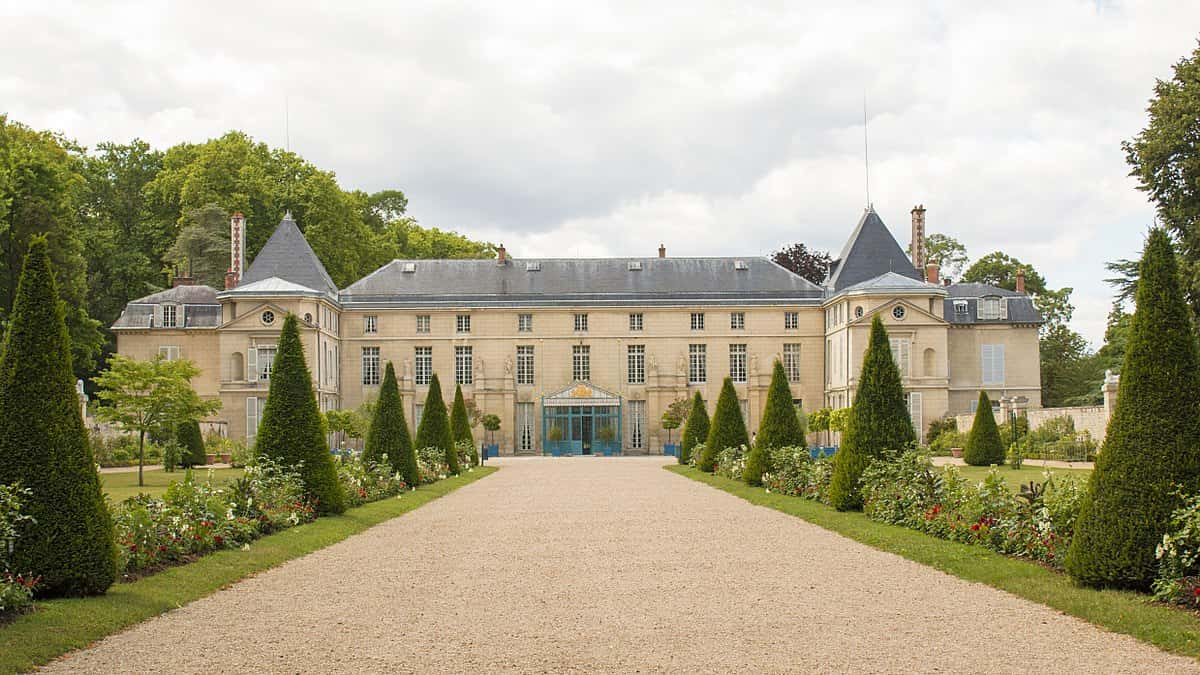 Wikipedia
Wikipedia
8. Spreading Rose Knowledge
Not only did Josephine host the first rose exhibition, 1810, but she also produced the first written history on the cultivation of roses in the same year.
7. “Godmother of Modern Rosomaniacs”
One of her hired horticulturalists was Andre Dupont, who was the first person to begin the modern hybridization process of roses with controlled pollination. Through her support, the popularity of roses and the experimentation in their hybridization soared, as not only did she provide financial support, but she was quite popular and fashionable people followed her path.
6. Getting Around
Not long after marrying Napoleon, Josephine began an affair with a military lieutenant of the Hussar regiment, Hippolyte Charles. The affair began while Napoleon was away in Italy and would continue on for some years. Though Josephine was at first able to convince Napoleon that the rumors of her affair were untrue, they grew too frequent for him to ignore. Eventually, Napoleon found out and became infuriated, officially denouncing the two lovers and his love for Josephine.
5. Off With His Head
Josephine’s first husband, Alexandre de Beauharnais, was executed during the Reign of Terror. He was guillotined for being a suspect of aristocracy and poorly defending Mainz at the Siege of Mainz in 1793 during the French Revolutionary War.
4. Imprisonment
After the arrest of Alexandre in March of 1794, Josephine was herself arrested and imprisoned, in spite of their separation, for still having connections to his finances. She would live in the Carmes prison for over four months, finally being released five days after her ex-husbands beheading.
3. Fine
Napoleon often dictated his letters to secretaries, however, for his lovers, he wrote his letters by hand. This does not necessarily mean that the lovers could read the letters. Empress Josephine was known to not be able to read much of what he had written, and when people would ask her about his well being she would simply resort to answering that Napoleon was “fine.”
2. Assassination Attempt
The Plot of the rue Saint-Nicaise was a famous assassination attempt of Napoleon in December 1800. It was carried out by planting a bomb under a parked cart near the Paris Opéra, where the Bonaparte’s were going to see a performance by Joseph Haydn, and almost succeeded if it wasn’t for Josephine delaying the party in order to have her silk shawl draped around her just right. None of the royal family would be killed, though one civilian would lose their life.
1. Honored In Napoleon’s Last Words
Napoleon came to understand how much he loved her later in his life. On his deathbed, Josephine rang in his final words, which were: "France, l'armée, tête d'armée, Josephine." ("France, the Army, the Head of the Army, Josephine.").

